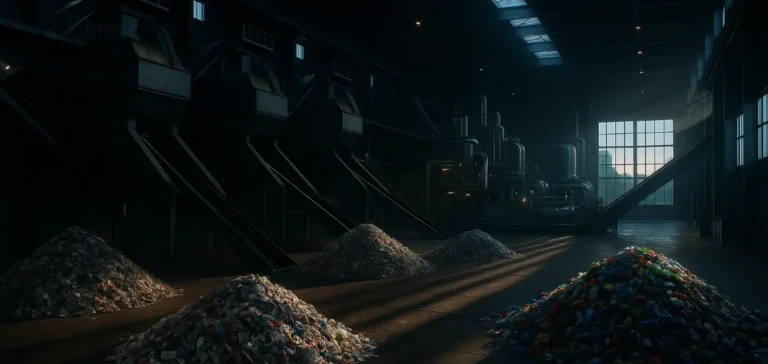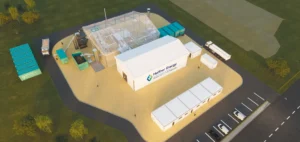SUEZ and Bouygues Telecom have announced the conclusion of a direct electricity purchase contract, commonly known as a Power Purchase Agreement (PPA), lasting 15 years. Starting from 1 January 2027, SUEZ will supply Bouygues Telecom annually with 53 gigawatt-hours (GWh) of renewable electricity produced from household waste recovery. Revenue generated from this contract will primarily fund the modernisation of SUEZ’s Energy Recovery Units (ERUs), thus enhancing their energy efficiency and environmental performance.
Energy recovery as a strategic lever
SUEZ’s French network currently comprises 34 ERUs, annually recovering over 3.5 million tonnes of waste to produce local and recovered energy. The group clarified that these facilities benefit from technologies constantly optimising their energy efficiency and carbon footprint. These units play a crucial role in providing low-carbon energy to corporate and municipal partners, such as Bouygues Telecom.
The signed contract guarantees a total supply of 800 GWh throughout its duration. It aligns with Bouygues Telecom’s climate policy, which aims to diversify its electricity sources by prioritising renewable energies and long-term contracts such as PPAs. These contracts enable stable pricing over extended periods, complemented by specific investments in renewable-origin guarantees.
Precise climate objectives for Bouygues Telecom
Bouygues Telecom’s environmental commitments, validated by the Science Based Targets Initiative (SBTi), foresee by 2027 a reduction of 29.4% in direct and indirect emissions (scopes 1 and 2), and 17.5% in indirect emissions linked to its value chain (scope 3), compared to 2021 levels. This new PPA thus complements an existing portfolio already amounting to 87 GWh per year, ensuring pricing and operational stability through a steady electricity supply.
David Lamy, General Director of the Waste Business Unit France at SUEZ, stated: “At SUEZ, we believe waste represents resources to be recovered in material or energy form. Waste-to-energy recovery is a strategic pillar for the group to support the energy transition of our customers, municipalities and industrial partners. Signing this PPA with Bouygues Telecom marks an essential milestone in our capability to support corporate decarbonisation.”






















